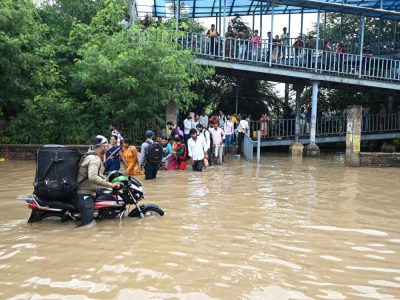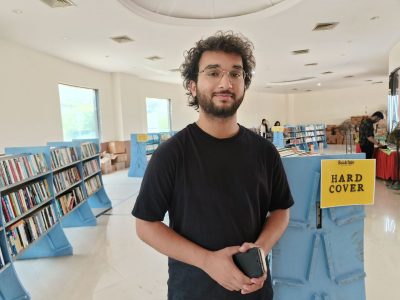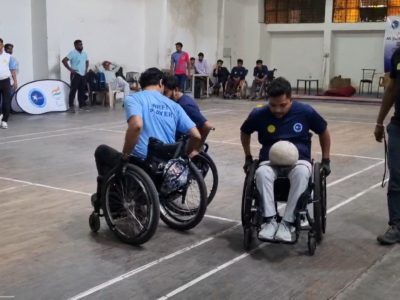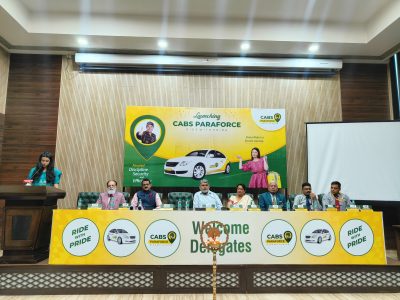Remote in hand, Facebook decides at will when to move swiftly to block activists and when to let communal posts get ample play before suspending accounts
Facebook is getting flak for not doing enough to stop fake news, and at the same time going out of its way to assuage those people who get pinched by critics of government policy and its stooges’ actions.
Now these actions are finding their way to the Supreme Court with a PIL by a disgruntled user of Facebook who had his account blocked. The petitioner is Zakir Ali Tyagi, an 18-year-old activist from Muzaffarnagar, who is no stranger to being acted upon for his Facebook posts.
On April 2, 2017 he was picked up by the Uttar Pradesh Police and put behind bars for 42 days. He was charged under IPC Section 420 (cheating); Section 66 of the Information Technology Act; and Section 124A dealing with sedition, because some posts which pissed off some Hindu radicals, for his comments on the river Ganga, BJP’s promise of the Ram Mandir in Ayodhya, and some other political comments on Yogi Adityanath, before and after he became the chief minister of the state.
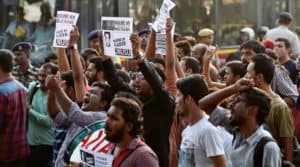
The first course of action, his advocate Ravi Jadhav says, is to write to the IT secretary of UP, the Telecom Regulatory Authority of India (TRAI) and the Ministry of Information and Broadcasting. After giving a 24-hour ultimatum, they will be made respondants in the PIL, along with Facebook.
Tyagi’s latest tryst with being banished is after he posted a report about a girl from Bihar’s Saharsa who was sexually assaulted. This instigated a 24-hour block via Facebook. Then, on August 31, when he posted a live video on the protest outside CBI headquarters asking for justice for Najeeb Ahmed — which received 30,000 views in three hours — his account with 28,000 followers was disabled by Facebook.
The other six mentioned in the draft, whose accounts have been blocked recently, include journalists Wasim Akram Tyagi, Osama Idris Nadwi, Mohammad Ashraf, activist Himanshu Kumar, Mohammad Khalid Hussain and Ali Shohrab.
Why they want to fight Facebook, Tyagi says, is because accounts that spread hatred and malicious content continue to post for days before any action is taken, but when activists and anti-government posts come up, they immediately spring into action to disband the accounts.
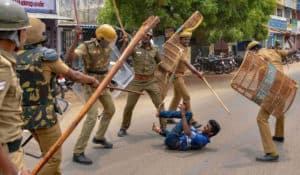
Earlier this year in February, an account by Satish Mylavarapurun put out details of inter-faith couples, asking Hindus to attack them for propagating ‘love jihad’. “It’s a matter of Muslims taking over our blood and taking over our wombs – the wombs that would give Hindu children,” it claimed. If this wasn’t bad enough, knowing fully well the narrative of ‘love jihad’ that has fuelled communal tension in many parts of the country, Facebook took its time to take action.
Even before it took down this page, hundreds of duplicate accounts sprang up, making it all the more difficult to find them and close them down. According to one report, before Mylavarapu was banned from Facebook ‘indefinitely’ in February, he was the administrator of at least two pages on the social media platform, including ‘Extreme Hinduism — The Only Way of Survival’ which had 11,000 members in its heyday, and was a member of ‘Rearming Hinduism’ which had a whopping 1,56,000 members.
His twitter page says “Account suspended”.
A study published in March by the Observer Research Foundation, a think tank based in New Delhi, showed that religion was increasingly being used as a basis of hate speech on Facebook.
But not just in India, the social media giant has also been blamed for fuelling the exodus of Rohingya Muslims from Myanmar to Bangladesh and the Muslim-Buddhist riots in Sri Lanka.
Politically, it has been accused of helping the Trump campaign circulate fake news in order to trounce Hillary Clinton and the democrat party. During his appearances before the members of the US Congress in April, Facebook chief executive Mark Zuckerberg had said his company was working on a way to remove hate speech within 24 hours of its appearance and adding dozens of new Myanmar-language content monitors.
“It’s clear now that we didn’t do enough to prevent these tools from being used for harm”, Zuckerberg said in his statement, adding that it included “fake news, foreign intervention in elections (the apparent Russian hand in US elections), hate speech, as well as developers and data privacy”.
But he has said little about its prevention efforts in India, a market of over 240 million users, which means a huge magnitude of abuse through this medium. Zuckerberg did mention his company would “do everything possible” to ensure safe elections in India (2019).
When Facebook doesn’t block accounts, the government takes matters into its own hands sometimes. Currently, according to one report, with upcoming local body elections in Jammu and Kashmir, the government has blocked the Facebook pages of Jammu Kashmir Democratic Freedom Party (DFP) and of its chairperson, Shabir Shah.
According to an investigation covering 10 countries, Indian internet service providers (ISPs) have installed the highest number of Internet filtering systems and blocked the maximum number of web pages. Other than those dealing in porn or piracy, other websites and web pages found blocked included those of domestic and foreign NGOs, United Nations organisations, human rights groups, health forums, feminist groups and political activists.
While Kashmir goes through a sporadic blockage of Internet every now and then, any communal tension or violent flare-up in the country induces a cut. In May this year, when Tuticurin in Tamil Nadu was boiling over the Sterlite copper plant, government put the violence down to the provocative messages being shared over social media.
What is social media to do? Stop hate mongering? Or any type of words and point of view which would be deemed hurtful to the sentiments of a people?


